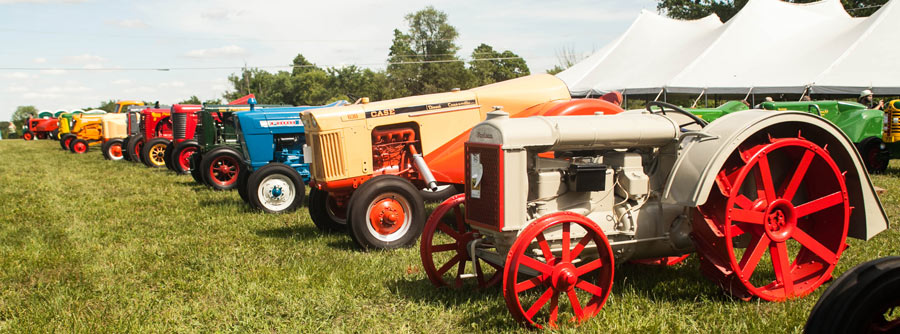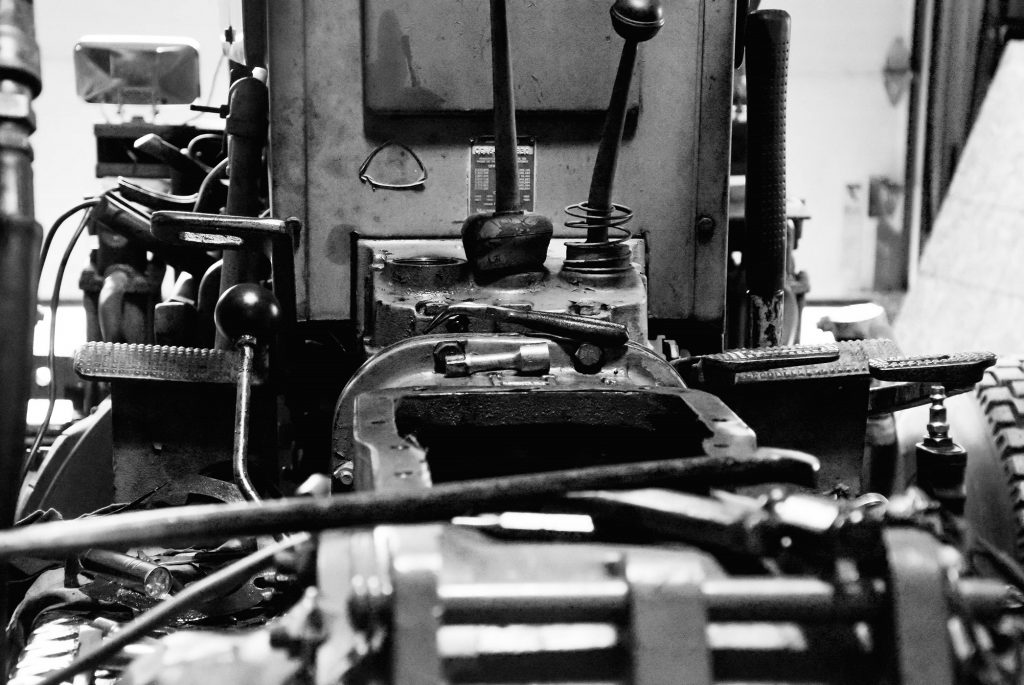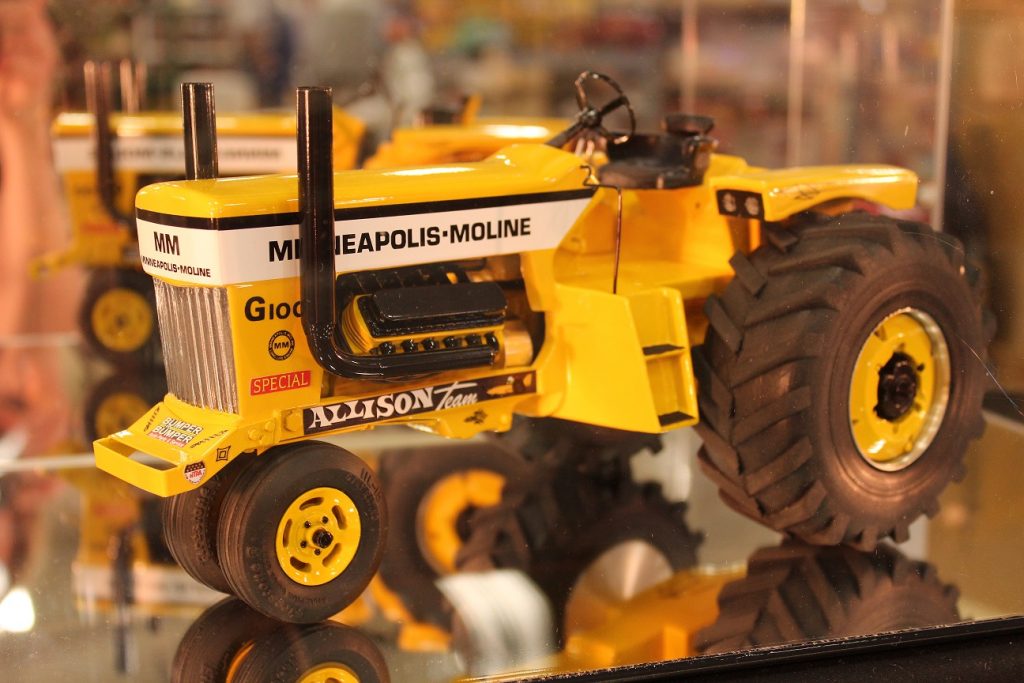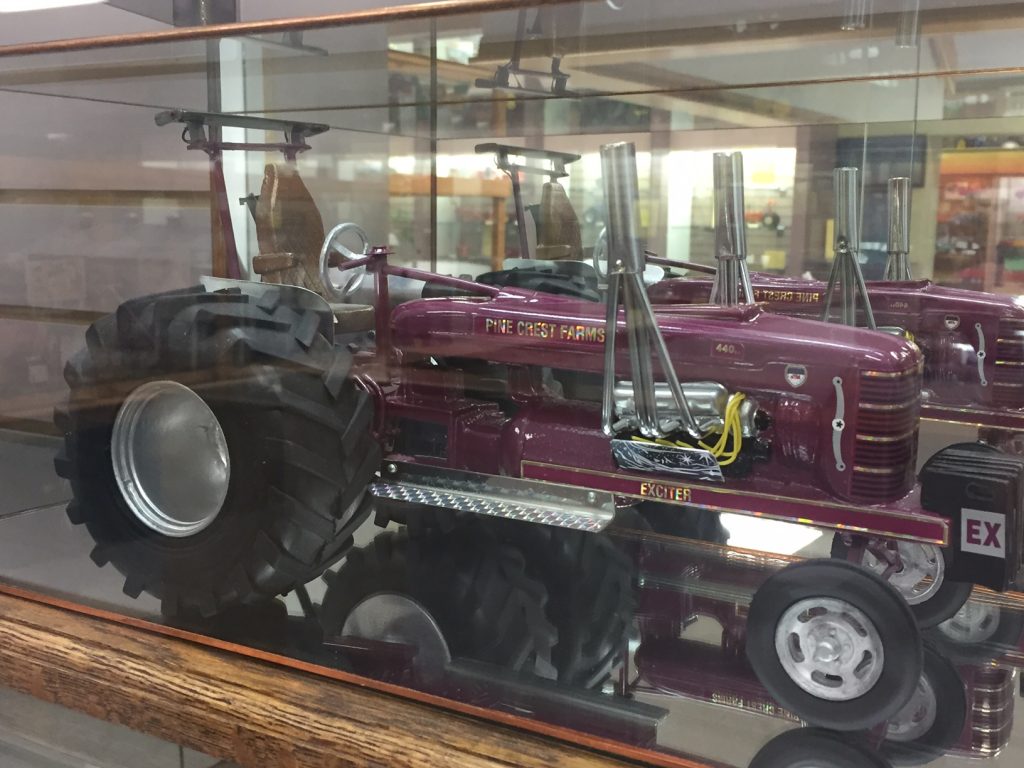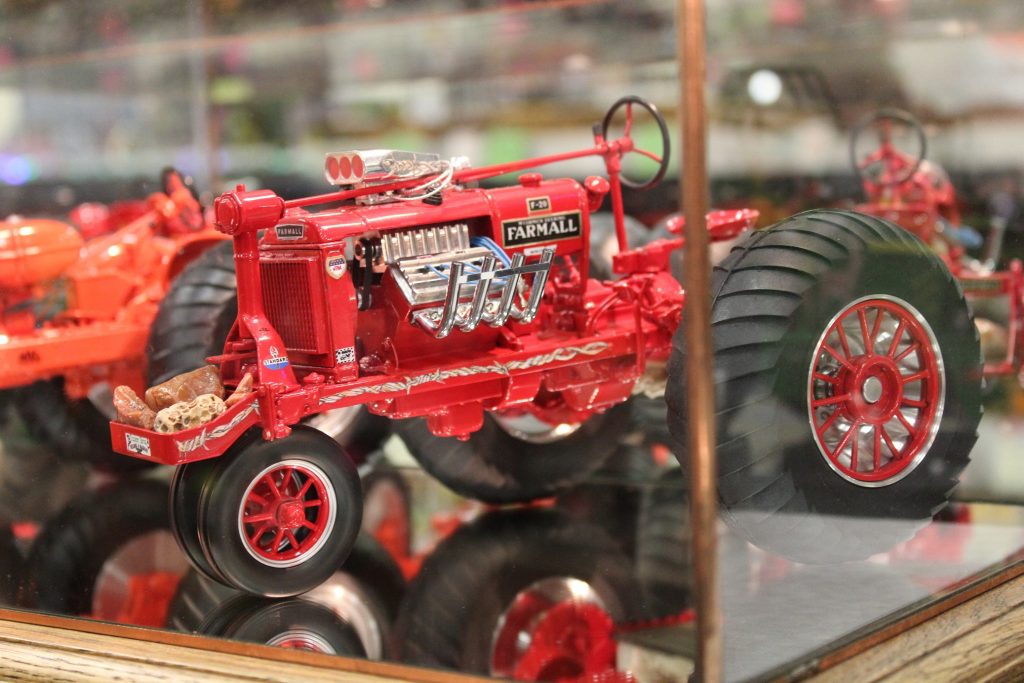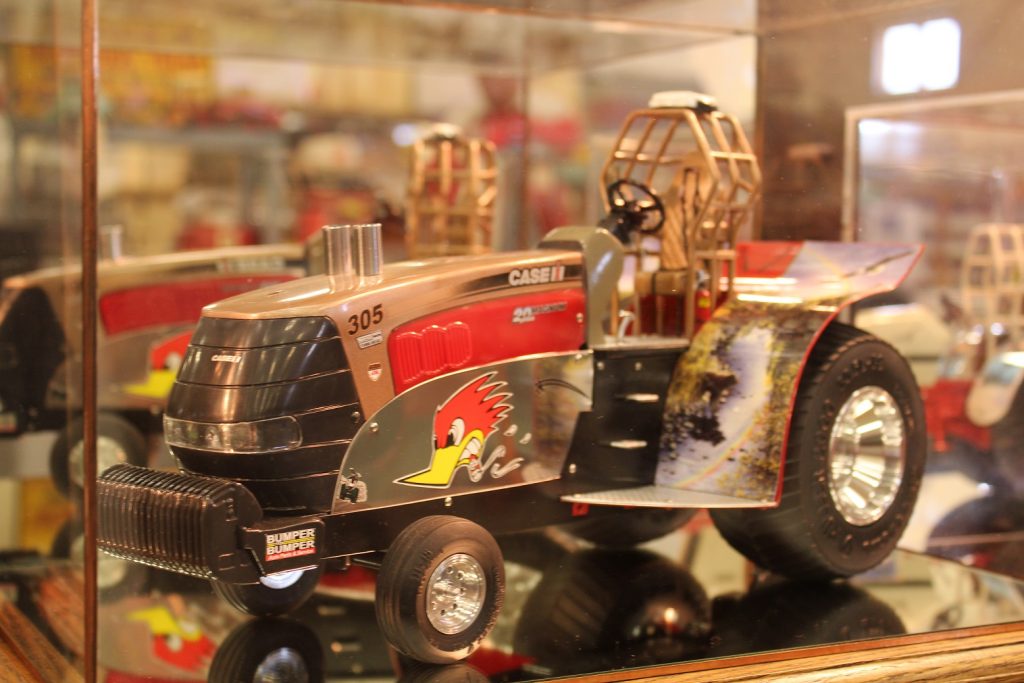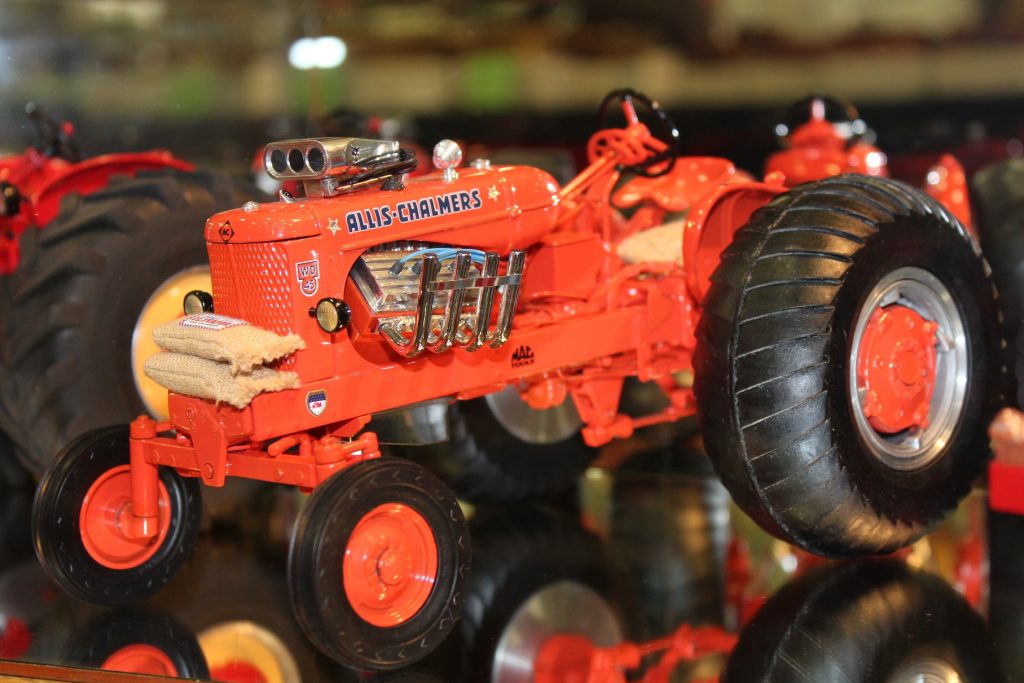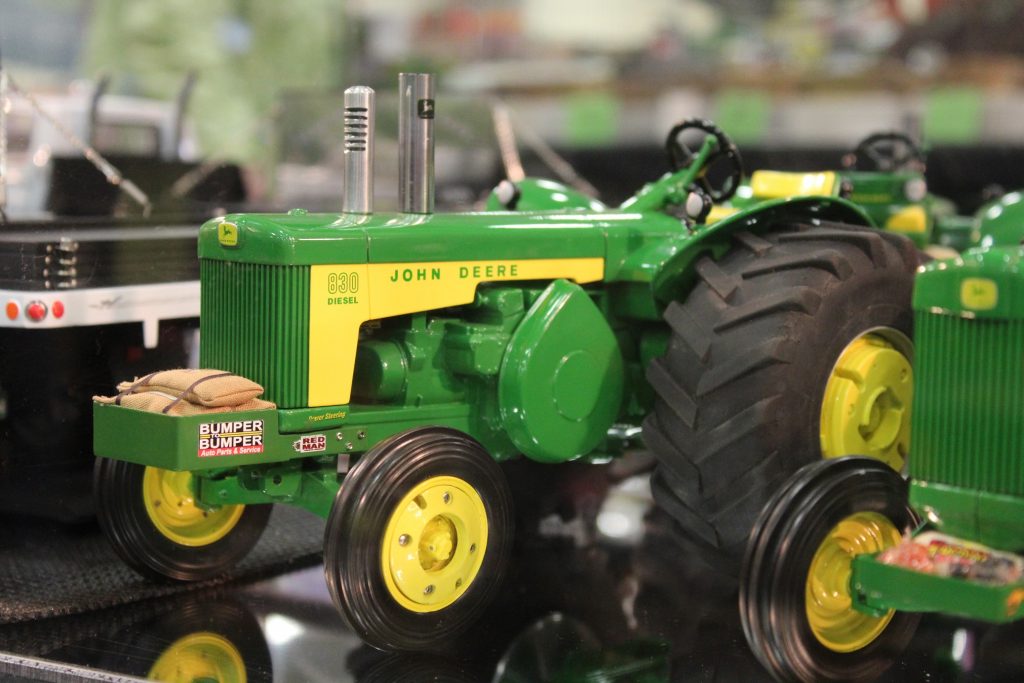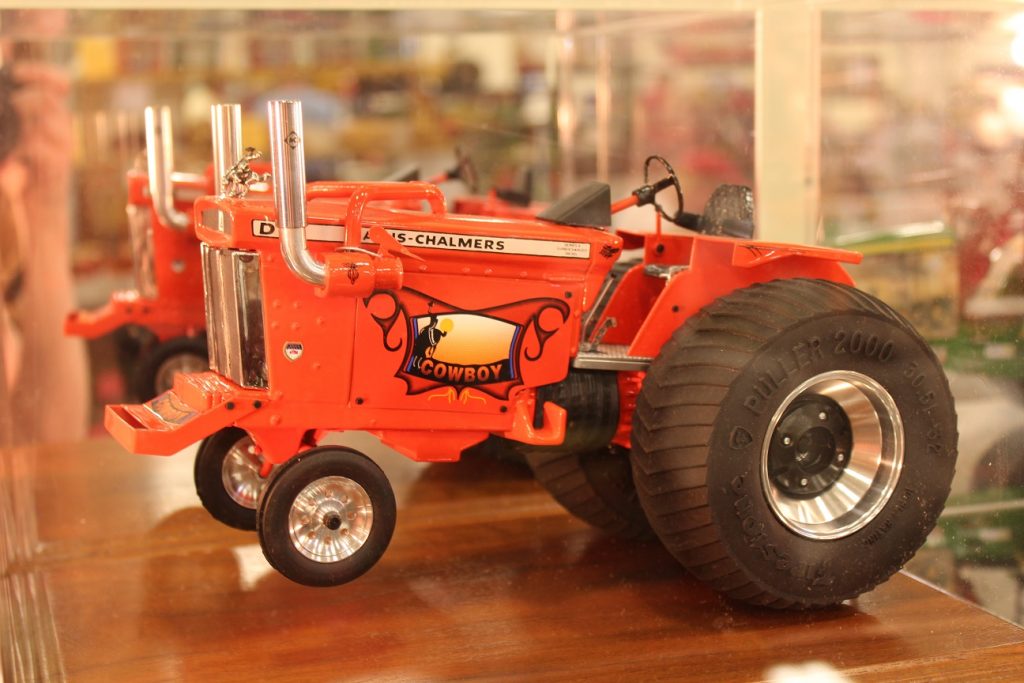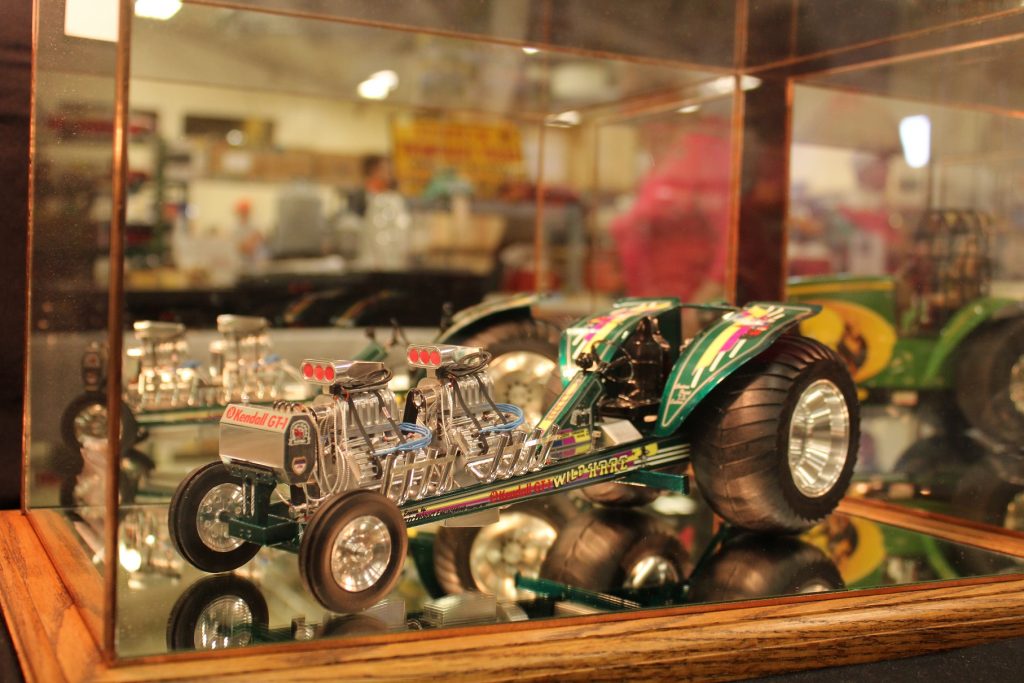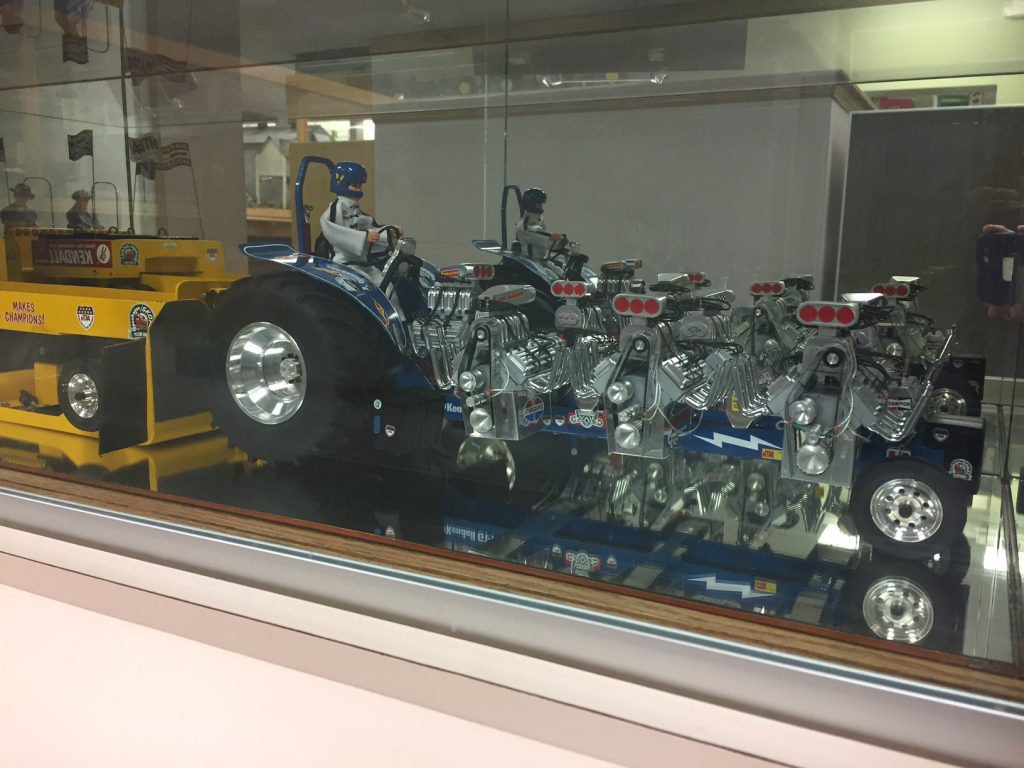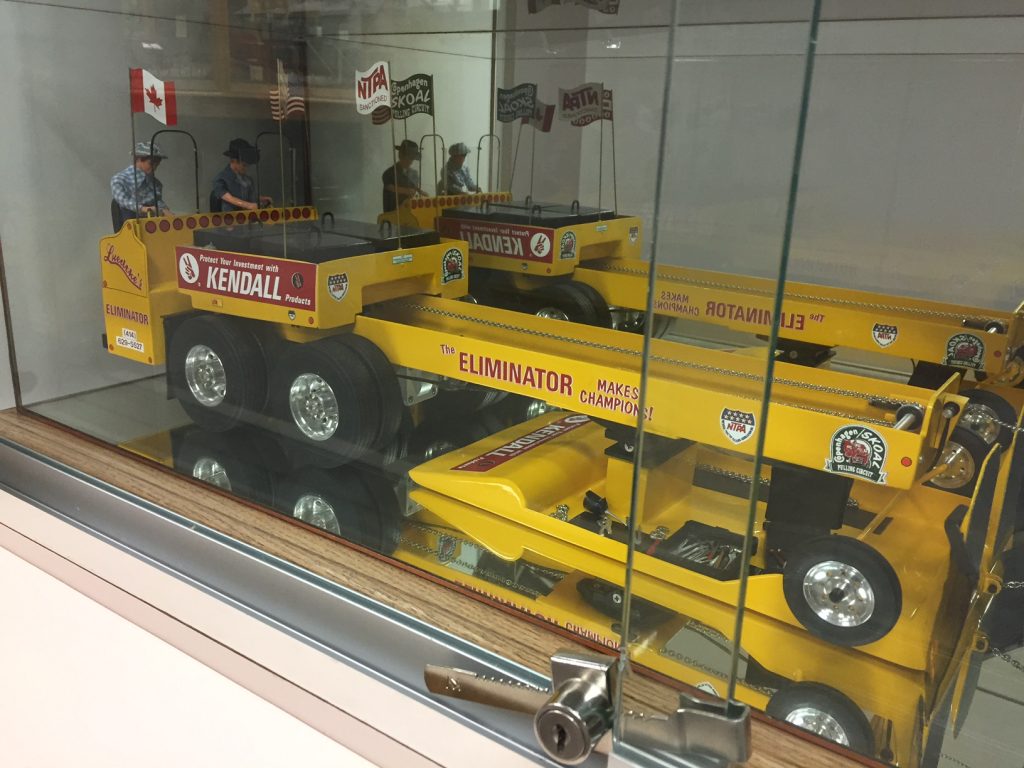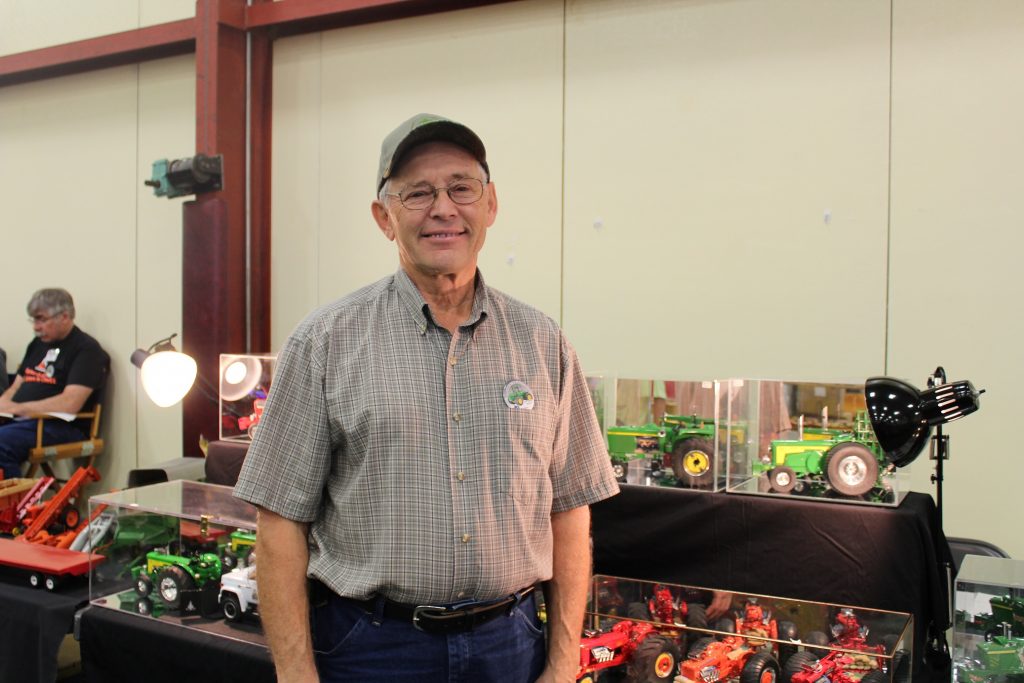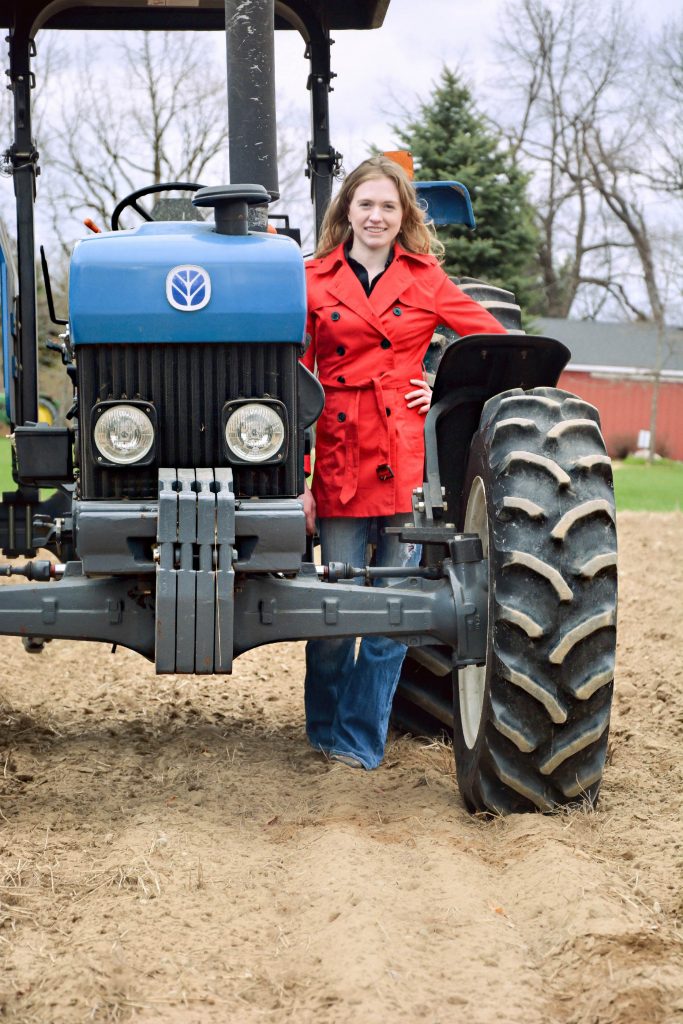
I just finished up a massive re-wiring project on this New Holland tractor. Mice had burrowed their way under the hood and gnawed at the wires. What a mess! Along the way to fixing this tractor up, I learned a lot about wiring problems from my Dad (in addition to being a great mechanic, he’s also a licensed electrician. Winning combo!). Here are some of our best tips for tractor electrical work:
4. If the wires are stiff, try putting a little bit of dish soap on the wires to help them slide through easier.
There you have it! These are my best tips for tractor electrical work. How about you – do you know any (safe!) shortcuts or tricks to make these difficult jobs go a little easier? If so, share in the comments below.
